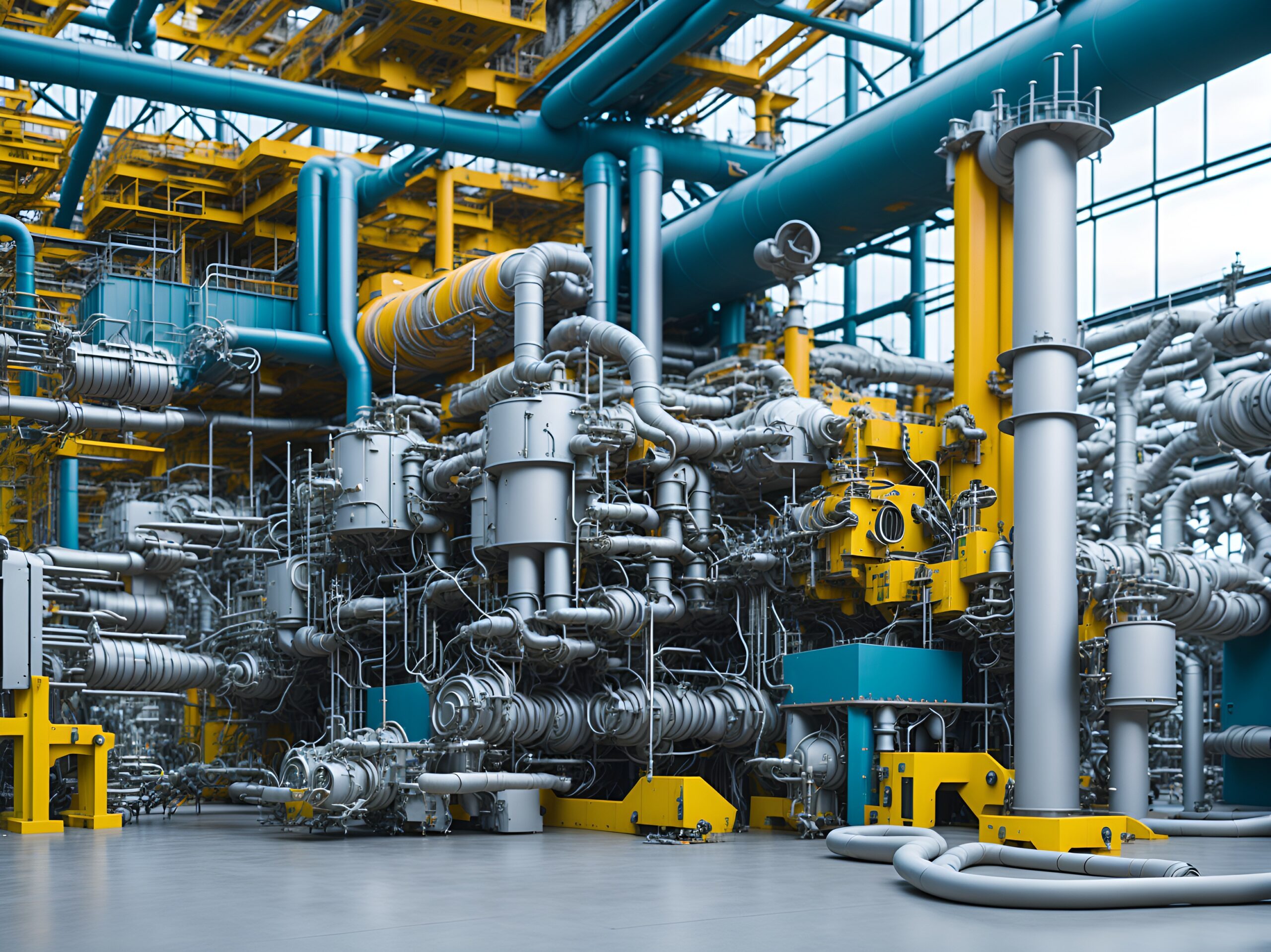
Advances in manufacturing technology have revolutionized various industries, enhancing productivity, efficiency and product quality. One key development is the rise of additive manufacturing, also known as 3D printing. This technique enables the creation of complex, customized objects by layering materials based on digital designs. It has significantly reduced prototyping time and costs while opening new avenues for manufacturing intricate components.
Furthermore, automation and robotics have reshaped the manufacturing landscape. Smart factories now incorporate autonomous machines that can perform tasks with precision and speed. These robots are equipped with advanced sensors, machine learning algorithms and artificial intelligence, enabling them to adapt to changing conditions and work alongside human operators safely.
The integration of the Internet of Things (IoT) has also transformed manufacturing processes. Connected sensors and devices collect real-time data, allowing manufacturers to monitor production lines, optimize workflows and predict maintenance needs. This data-driven approach facilitates proactive decision-making, minimizes downtime and improves overall operational efficiency.

Additionally, advancements in materials science have broadened the possibilities for manufacturing. High-performance alloys, composites and nanomaterials offer improved strength, durability and lightweight properties. These materials enable the production of more efficient and sustainable products, ranging from aerospace components to renewable energy systems.
Overall, these advances in manufacturing technology are driving innovation and reshaping traditional production methods, offering tremendous potential for increased customization, efficiency and sustainability in various industries.

